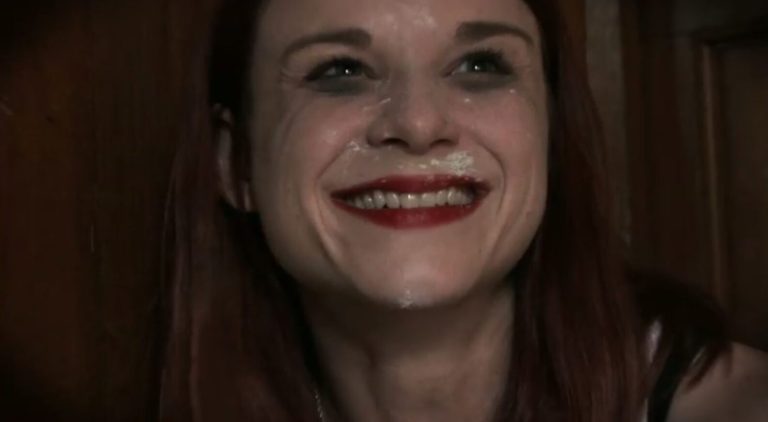PREVIOUS WORK
Hamlet
In 2018, we produced a pilot project for CRAVE THEATRE which was an updated adaptation of Hamlet; set in a modern day pub with the main protagonists all impacted by substance abuse, the production retained Shakespeare's original text but the theme of addiction and it's consequences ran throughout, eventually being the cause of the play's tragic outcomes.
Hamlet's Brighton and Camden Fringe Festival Posters
The actors that played Hamlet, Ophelia, Gertrude and Claudius are all in recovery from drug and alcohol dependence. Here they describe how they felt about encountering the challenges of Hamlet through the lens of addiction, and how their own life experience, and exploration of the themes of substance abuse within the production, impacted their performances:
ACTOR TESTIMONIES:
Brad (Hamlet)
Performing such a well-known character such as Hamlet initially felt like a huge challenge but once we started looking at how the themes of the play and character potentially overlapped with with those of addiction such as self-pity, guilt, resentment, fear, anger, blame and inaction I found it easier to understand and connect to the root of Hamlet's feelings and behaviours.
It really helped to be working with actors who had overcome periods of addiction and who were already experienced in recovery as they could understand and explain how each of the character's substance misuse impacted the other's, and how the destructive consequences of the play were caused by their characters own self-centred actions.

Brad as Hamlet
Photo: @editsweetltd
Geraldine (Gertrude)
I'd been sober for 18 years when I was approached to play the role of Gertrude, and although I had little previous acting experience I had been keen to explore performance in some capacity for quite a while.
In our production, once my character's world had fallen apart with the loss of her husband and son, she decided to numb herself with alcohol, the exploration of which brought a personal resonance for me to the themes of the play.
It also seemed to make the play more up to date and poignant for our audiences. Many of them shared with us after the show that they were able to identify with how the characters relied on drink and drugs to cope with the painful experiences they were confronted with in the play, and how relevant to today's society that seemed.
Anna (Ophelia)
Exploring Ophelia's journey from loved up, naive daughter and sister, to self-destructive and self-harming anarchist was challenging but ultimately very fulfilling for me as an actress.
The clues for her descent into madness are pretty obvious within the text but to look at her downfall through the eyes of an addict meant I could bring an empathy to her journey.
In our production Ophelia goes to some of the same dark places that I did in my own life as a drug addict, and I feel that through the careful work on the character that we did, I connected at times to some of my own truth. This, I hope, brought a level of authenticity that was in turn seen and felt by the audience, and it was in many ways quite a cathartic experience for myself.

Anna as Ophelia
Photo: @editsweetltd
Mike (Claudius)
I suppose it was quite daring to cast recovering actors in a such tragic play as Hamlet, particularly with the play being set within the world of alcoholism and drug addiction, but the further we got into rehearsals the more sense the concept made.
We did not explore the character of Claudius directly through the lens of addiction but we did find that he absolutely has the same need for control and deep rooted insecurity that some addicts often experience.
As an actor in this production, the fact that we had all experienced periods of alcohol or substance misuse gave us a certain bond sense of trust when we were exploring those themes, and that could perhaps have been difficult to navigate. However, I think that because we were being led by a director who was also in recovery mean that we felt supported and collectively responsible for each other throughout.
©Copyright. All rights reserved.
We need your consent to load the translations
We use a third-party service to translate the website content that may collect data about your activity. Please review the details in the privacy policy and accept the service to view the translations.


